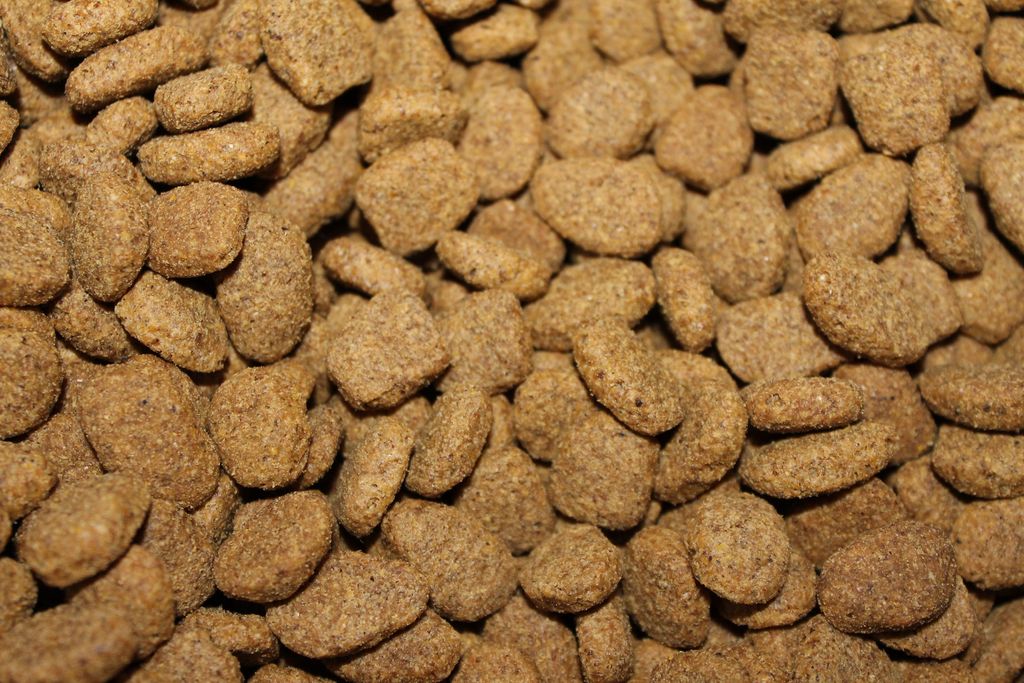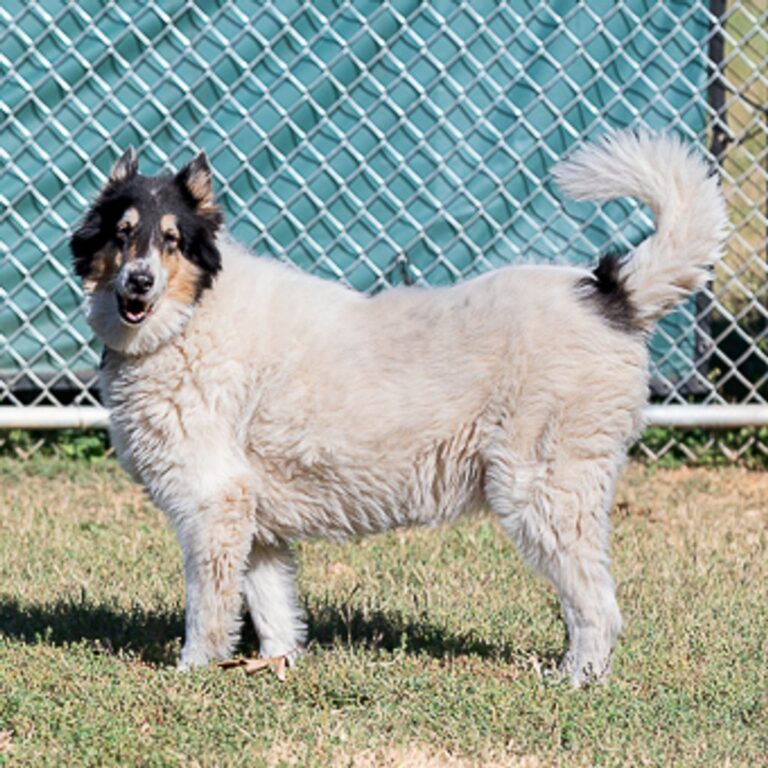Pros and Cons of Different Types of Dog Food: Which is Right for Your Pup?
Choosing the right type of dog food for your pup can be a challenging decision. With so many options available, it’s important to consider the pros and cons of each choice. In this article, we will explore the benefits and drawbacks of commercial dog food, homemade dog food, raw food diets, and grain-free diets. By understanding the key takeaways of each option, you can make an informed decision that best suits your dog’s needs.
Key Takeaways
- Commercial dog food offers convenience and a wide variety of options, but may lack nutritional balance.
- Homemade dog food gives you control over the ingredients and allows for tailored nutrition, but requires time and effort.
- A raw food diet can be closer to a dog’s natural diet and provide potential health benefits, but comes with challenges and risks.
- Grain-free dog food is suitable for dogs with allergies, but controversies and debates exist regarding its overall benefits.
- Consulting with a veterinarian is crucial when considering any type of dog food to ensure your pup’s specific needs are met.
Why Choose Commercial Dog Food?

Convenience
When it comes to convenience, commercial dog food is hard to beat. With busy schedules and limited time, it can be challenging to prepare homemade meals for our furry friends. Commercial dog food provides a quick and easy solution, allowing us to meet the specific needs of our dogs without sacrificing quality or nutrition.
Variety of Options
When it comes to choosing dog food, we have so many options available. From kibble to canned food, there’s something for every pup’s taste buds. But what about dogs with sensitive stomachs? That’s where rice for sensitive stomachs comes in. It’s a great alternative for dogs who struggle with digestive issues. Rice is gentle on the stomach and easy to digest, making it a popular choice for many pet owners. Plus, it’s a good source of carbohydrates and provides essential nutrients for your furry friend.
Nutritional Balance
When it comes to choosing the right dog food, nutritional balance is key. We want to make sure our furry friends are getting all the essential nutrients they need to thrive. Commercial dog food offers a convenient option with a wide variety of options to choose from. However, it’s important to consider the pros and cons of wet dog food. Wet dog food can be a great choice for dogs who have trouble chewing or need extra hydration. It often contains higher moisture content, which can help with digestion. On the other hand, wet dog food can be more expensive and has a shorter shelf life compared to dry dog food. It’s important to weigh the pros and cons and choose the option that best suits your pup’s needs.
Affordability
Affordability is an important factor to consider when choosing the right dog food for your pup. We understand that budget plays a significant role in decision-making, and commercial dog food offers a range of options to fit different price points. From budget-friendly brands to premium selections, there is something for every pet owner’s wallet. While homemade dog food and raw food diets may require more financial investment, commercial dog food provides a cost-effective solution without compromising on quality.
The Benefits of Homemade Dog Food

Control over Ingredients
When it comes to homemade dog food, we have the freedom to choose the ingredients that go into our furry friend’s bowl. We can select high-quality proteins, such as lean chicken or beef, and pair them with nutritious vegetables like sweet potatoes and carrots. By making our own dog food, we can avoid fillers and additives that may be present in commercial options. This gives us the ability to cater to our dog’s specific dietary needs and preferences.
Tailored to Your Dog’s Needs
When it comes to feeding our furry friends, we want to make sure their meals are tailored to their specific needs. Every dog is unique, with different dietary requirements and preferences. That’s why homemade dog food can be a great option. With homemade meals, we have full control over the ingredients we use, allowing us to cater to our dog’s individual needs. Whether they have allergies, sensitivities, or specific health concerns, we can customize their meals to address these issues.
Fresh and Natural
When it comes to feeding our furry friends, we want nothing but the best. That’s why homemade dog food is a popular choice for many pet owners. It allows us to have control over ingredients and ensure that our dogs are getting a meal that is tailored to their specific needs. Fresh and natural ingredients are key to providing a nutritious and wholesome diet for our pups.
Bonding with Your Dog
Bonding with your dog is an essential part of being a pet parent. It’s not just about feeding them, but also about spending quality time together. Whether it’s going for walks, playing fetch, or simply cuddling on the couch, these activities help strengthen the bond between you and your furry friend. Understanding your dog’s needs and preferences is key to building a strong connection. Each dog is unique, and what works for one may not work for another. By paying attention to their body language and listening to their cues, you can create a deeper understanding and trust.
Raw Food Diet: Is It Worth It?

Closer to a Dog’s Natural Diet
When it comes to feeding our furry friends, we want to make sure we’re providing them with the best nutrition possible. A raw food diet is often touted as being closer to a dog’s natural diet, and it has gained popularity among dog owners. However, it’s important to consider the potential challenges and risks associated with this type of diet. Consulting with a veterinarian is crucial to ensure that a raw food diet is suitable for your dog and to address any concerns you may have.
Potential Health Benefits
When it comes to a raw food diet for dogs, there are several potential health benefits that we should consider. Improved digestion is one of the key advantages, as raw food is easier for dogs to digest compared to processed kibble. Additionally, a raw food diet can lead to healthier skin and coat, thanks to the natural oils and nutrients present in fresh ingredients.
Another potential benefit is increased energy levels. Many dog owners have reported that their pups have more energy and vitality after switching to a raw food diet. This can be attributed to the high-quality proteins and natural enzymes found in raw food.
It’s important to note that while there are potential benefits, a raw food diet also comes with its challenges and risks. Proper handling and storage of raw ingredients is crucial to prevent bacterial contamination. Consulting with a veterinarian is essential to ensure that your dog’s nutritional needs are being met and to address any concerns or potential risks.
In conclusion, a raw food diet can offer several potential health benefits for dogs, including improved digestion, healthier skin and coat, and increased energy levels. However, it’s important to weigh these benefits against the challenges and risks involved and to seek professional guidance when considering this type of diet for your pup.
Challenges and Risks
When it comes to a raw food diet for our furry friends, there are a few challenges and risks that we need to be aware of. One of the main concerns is the potential for bacterial contamination, as raw meat can carry harmful bacteria that can make our dogs sick. It’s important to handle and store raw food properly to minimize this risk. Another challenge is the time and effort required to prepare raw meals for our dogs. It can be time-consuming and may require additional knowledge and resources to ensure a balanced diet. Additionally, there is a risk of nutritional imbalances if the diet is not properly formulated. Consulting with a veterinarian who specializes in raw feeding can help address these challenges and ensure our dog’s health and well-being.
Consulting with a Veterinarian
When it comes to making decisions about our dog’s health, consulting with a veterinarian is crucial. They have the knowledge and expertise to guide us in choosing the right type of dog food for our furry friends. Veterinarians can provide valuable insights into the specific needs of our dogs, taking into consideration factors such as their age, breed, size, and activity level. They can help us understand the benefits and potential risks associated with different types of dog food.
Grain-Free Dog Food: Myth or Reality?

Understanding Grain-Free Diets
When it comes to grain-free diets, there’s a lot of debate and controversy surrounding their benefits and potential risks. Some believe that eliminating grains from a dog’s diet can lead to improved digestion and reduced allergies. However, it’s important to note that scientific evidence supporting these claims is limited.
While grain-free diets may be suitable for dogs with specific allergies or sensitivities, it’s crucial to consider the overall nutritional balance of their diet. Consulting with a veterinarian is essential to ensure that your pup is getting all the necessary nutrients they need.
Here are a few key points to keep in mind:
- Grain-free diets may not be necessary for all dogs and should be considered on a case-by-case basis.
- It’s important to read and understand the ingredients list of any dog food, including grain-free options.
- Monitoring your dog’s health and consulting with a veterinarian regularly is crucial when making dietary changes.
In conclusion, while grain-free diets may have their benefits, it’s important to approach them with caution and make informed decisions based on your dog’s specific needs and overall diet.
Suitability for Dogs with Allergies
When it comes to choosing the right dog food for our furry friends with allergies, there are a few important factors to consider. Allergies can cause discomfort and health issues for our dogs, so it’s crucial to find a food that suits their specific needs. While grain-free diets have gained popularity in recent years, it’s important to note that they may not be the best choice for all dogs with allergies. Some dogs may have allergies to other ingredients, such as chicken or beef. It’s essential to consult with a veterinarian to determine the specific allergens affecting your dog. Additionally, it’s worth considering limited ingredient diets that focus on a single protein source, which can help identify and eliminate potential allergens. By carefully selecting the right food for dogs with allergies, we can ensure their health and well-being.
Controversies and Debates
When it comes to grain-free dog food, there are certainly controversies and debates surrounding its benefits and potential risks. Some experts argue that grain-free diets may not be necessary for all dogs, while others believe it can be beneficial for dogs with allergies or sensitivities. The United States is one of the countries where the grain-free trend has gained popularity in recent years. However, it’s important to consider the overall diet and consult with a veterinarian before making any drastic changes to your dog’s food.
Considering the Overall Diet
When it comes to choosing the right dog food for our furry friends, we need to take into account their overall diet. It’s not just about the specific type of food we feed them, but also the balance of nutrients they receive from their meals. Nutritional balance is key to ensuring our pups stay healthy and happy.
One way to ensure a balanced diet is by consulting with a veterinarian. They can provide guidance on the specific nutritional needs of our dogs and help us make informed decisions. Additionally, it’s important to consider the suitability for dogs with allergies when choosing a dog food. Some dogs may have sensitivities or allergies to certain ingredients, and opting for a grain-free diet can be beneficial.
It’s worth noting that there are controversies and debates surrounding grain-free diets. While some believe they are beneficial for dogs, others argue that they may not be necessary or even healthy. Considering the overall diet is crucial in determining whether a grain-free diet is the right choice for our pups.
In conclusion, when choosing the right dog food, we should consider the overall diet and nutritional balance. Consulting with a veterinarian and taking into account any allergies or sensitivities our dogs may have can help us make an informed decision. Whether it’s a grain-free diet or another type of dog food, what matters most is providing our furry friends with the nutrients they need to thrive.
In Conclusion
When it comes to choosing the right type of dog food for your pup, there are several options to consider. Commercial dog food offers convenience, a variety of options, and nutritional balance, making it a popular choice for many dog owners. On the other hand, homemade dog food allows you to have control over the ingredients and tailor the food to your dog’s specific needs. It also provides an opportunity for bonding with your furry friend. While a raw food diet may be closer to a dog’s natural diet and have potential health benefits, it also comes with challenges and risks that should be carefully considered. Lastly, the idea of grain-free dog food has sparked controversies and debates, but it may be suitable for dogs with allergies. Ultimately, the best choice for your dog depends on their individual needs and consulting with a veterinarian is always recommended.
Frequently Asked Questions
Is commercial dog food safe for my pup?
Yes, commercial dog food is generally safe for dogs when it meets the necessary quality standards. It is important to choose reputable brands and check the ingredients to ensure they provide the necessary nutrients for your dog’s health.
Can I mix commercial dog food with homemade food?
Yes, you can mix commercial dog food with homemade food. However, it is important to maintain a balanced diet and consult with a veterinarian to ensure your dog is receiving the right nutrients.
Are there any risks associated with a raw food diet?
Yes, there are risks associated with a raw food diet for dogs. Raw food may contain harmful bacteria such as Salmonella or E. coli, which can pose health risks to both dogs and humans. It is important to handle raw food safely and consult with a veterinarian before starting a raw food diet.
Is grain-free dog food suitable for all dogs?
Grain-free dog food may be suitable for dogs with specific dietary needs or allergies to grains. However, it is not necessary for all dogs and should be chosen based on individual needs and consultation with a veterinarian.
Can I prepare homemade dog food without any cooking?
While some homemade dog food recipes may not require cooking, it is important to ensure that the ingredients are safe and provide the necessary nutrients for your dog. Consulting with a veterinarian can help determine the best approach for preparing homemade dog food.
What are the potential benefits of a homemade dog food diet?
A homemade dog food diet allows you to have control over the ingredients, ensuring your dog receives high-quality and fresh ingredients. It can be tailored to your dog’s specific needs and can strengthen the bond between you and your dog through the preparation and feeding process.







One Comment